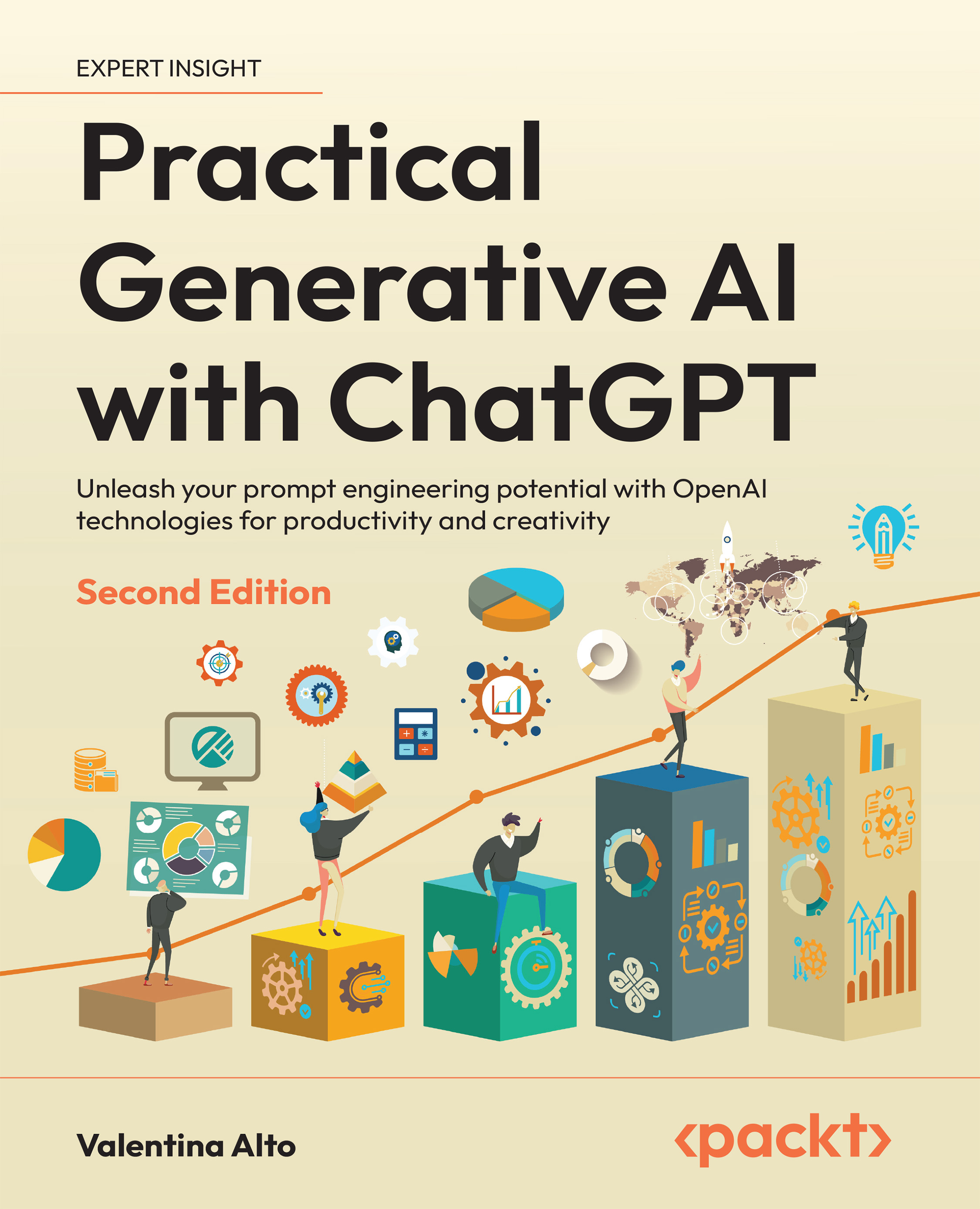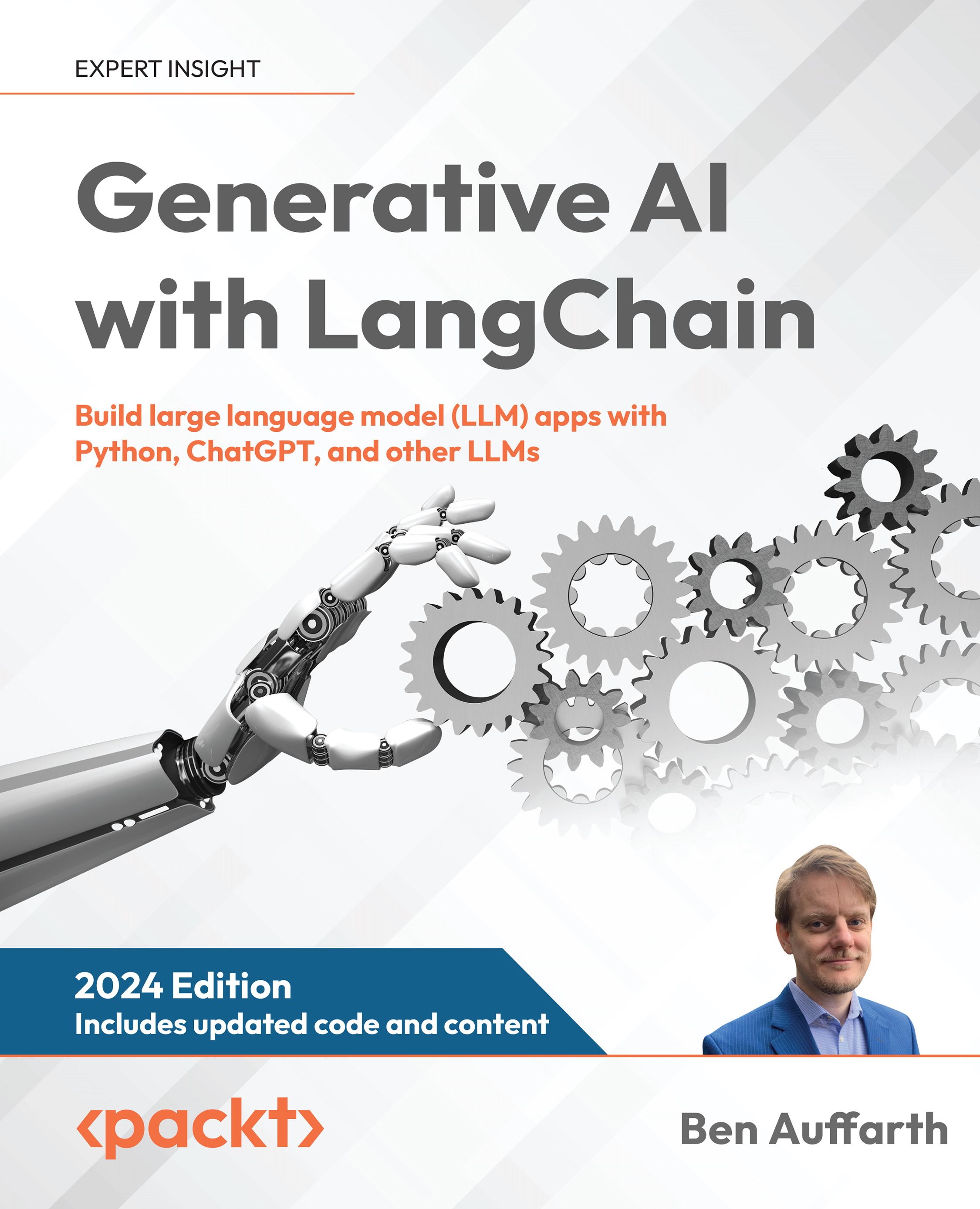Let’s get right into it.
Google DeepMind Introduces Gemini 2.5 with Native Audio Capabilities
Google DeepMind has launched Gemini 2.5, now capable of processing real-time audio and video. The model can interpret screen-shared content, respond to tone and background noise, and supports over 24 languages, making it more contextually aware and interactive than ever before.
Amazon to Test Humanoid Robots for Package Deliveries
The Information has reported that Amazon is preparing pilot tests of Agility Robotics' bipedal humanoid robot, Digit, for use in logistics and package handling. Designed to work safely in spaces designed for humans, Digit is expected to automate repetitive warehouse tasks and even assist in last-mile delivery operations.
OpenAI Launches Coordinated Vulnerability Disclosure Framework
OpenAI has introduced an “Outbound Coordinated Vulnerability Disclosure” policy to responsibly report security issues it uncovers in external systems. This move aims to bolster security standards and transparency across the tech ecosystem.
DeepSeek’s New AI Sparks Free Speech Concerns
Chinese AI developer DeepSeek has triggered global criticism for its model’s extreme content filtering. Users attempting to query politically sensitive topics, like Tiananmen Square or Taiwanese independence, are met with complete denials, spotlighting a stark divide in global AI moderation norms.
Nvidia Blackwell Chips Dominate New MLPerf Benchmarks
Nvidia’s Blackwell GPUs dominated the latest MLPerf training benchmarks, delivering double the performance of previous H100 chips. These results highlight Blackwell’s efficiency in training large AI models with fewer GPUs, reduced energy use, and lower costs, solidifying Nvidia’s leadership in AI hardware and accelerating industry-wide adoption of its new architecture.
 United States
United States
 Great Britain
Great Britain
 India
India
 Germany
Germany
 France
France
 Canada
Canada
 Russia
Russia
 Spain
Spain
 Brazil
Brazil
 Australia
Australia
 South Africa
South Africa
 Thailand
Thailand
 Ukraine
Ukraine
 Switzerland
Switzerland
 Slovakia
Slovakia
 Luxembourg
Luxembourg
 Hungary
Hungary
 Romania
Romania
 Denmark
Denmark
 Ireland
Ireland
 Estonia
Estonia
 Belgium
Belgium
 Italy
Italy
 Finland
Finland
 Cyprus
Cyprus
 Lithuania
Lithuania
 Latvia
Latvia
 Malta
Malta
 Netherlands
Netherlands
 Portugal
Portugal
 Slovenia
Slovenia
 Sweden
Sweden
 Argentina
Argentina
 Colombia
Colombia
 Ecuador
Ecuador
 Indonesia
Indonesia
 Mexico
Mexico
 New Zealand
New Zealand
 Norway
Norway
 South Korea
South Korea
 Taiwan
Taiwan
 Turkey
Turkey
 Czechia
Czechia
 Austria
Austria
 Greece
Greece
 Isle of Man
Isle of Man
 Bulgaria
Bulgaria
 Japan
Japan
 Philippines
Philippines
 Poland
Poland
 Singapore
Singapore
 Egypt
Egypt
 Chile
Chile
 Malaysia
Malaysia





















